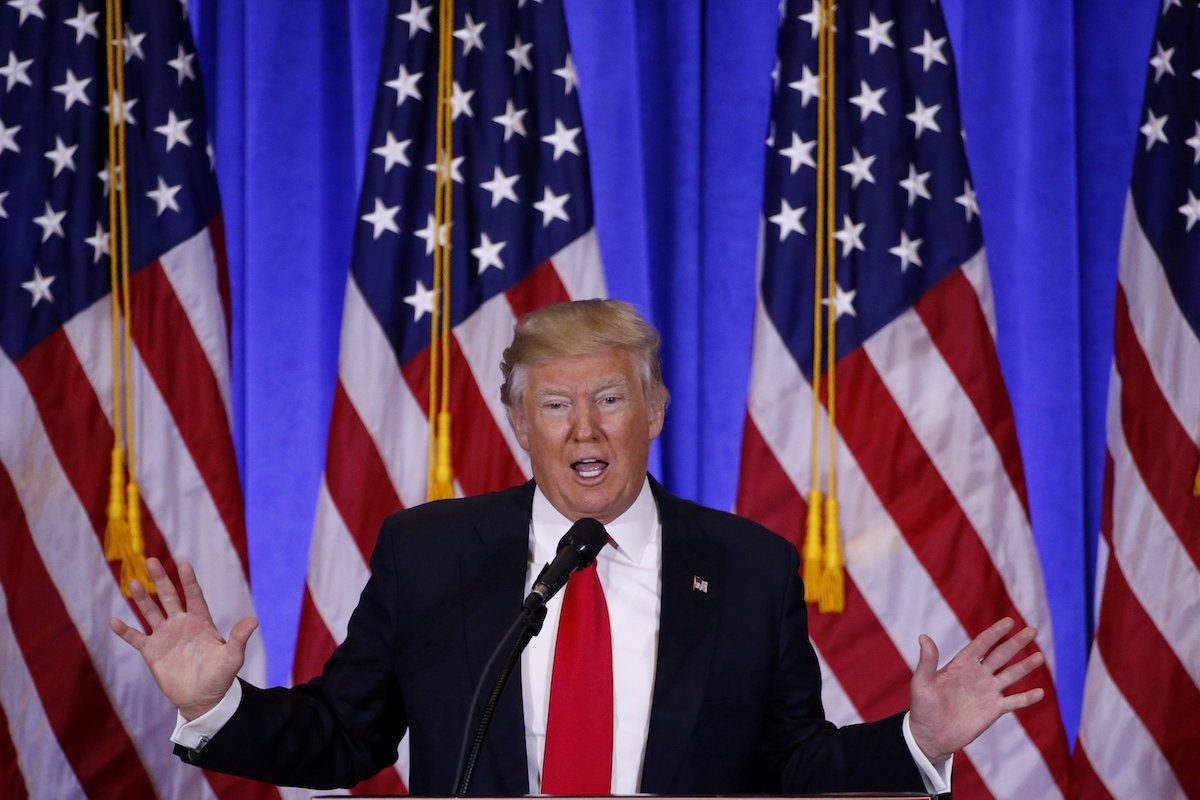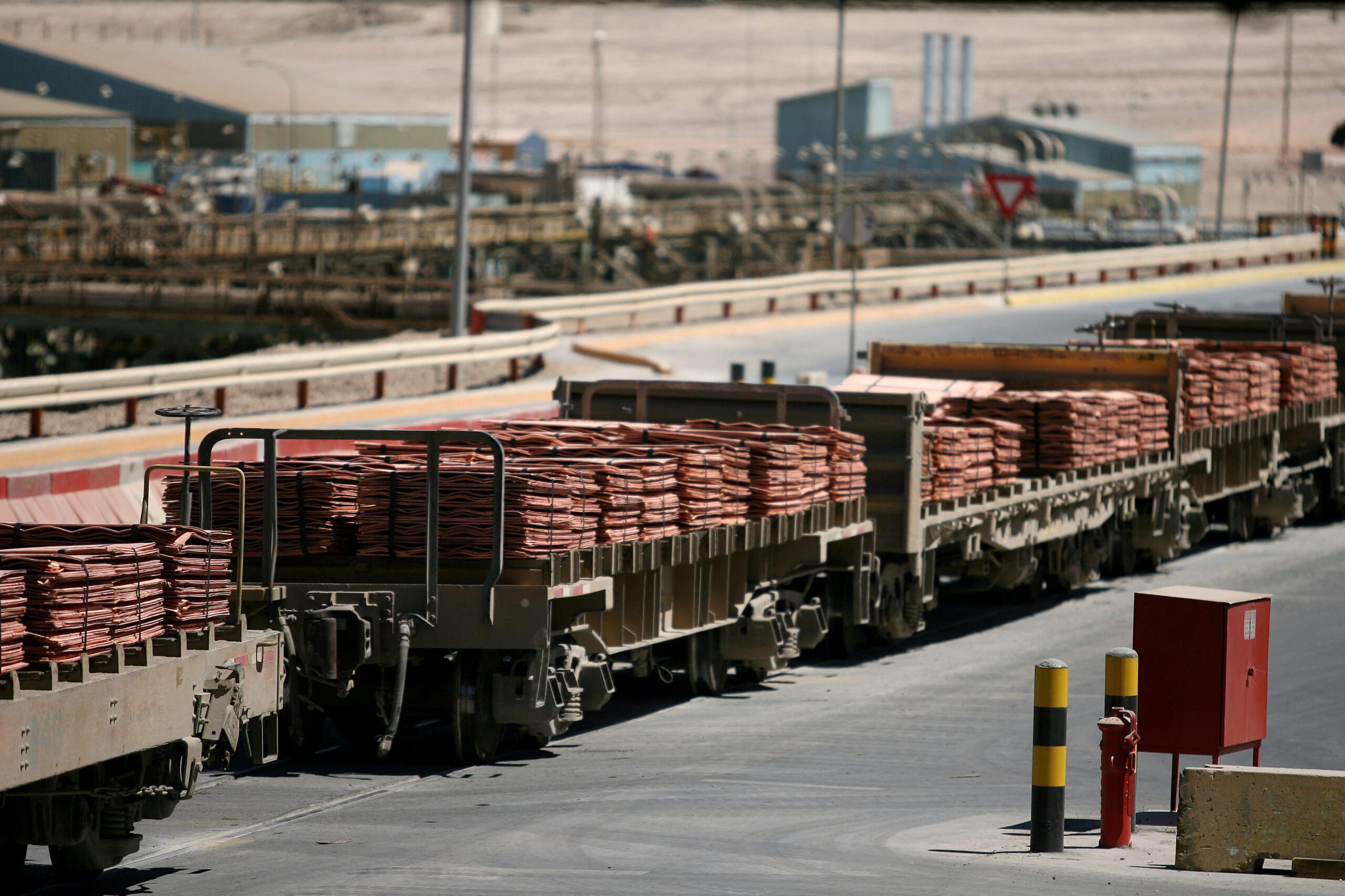FILE PHOTO: U.S. President-elect Donald Trump speaks during a news conference in the lobby of Trump Tower in Manhattan, New York City, U.S., January 11, 2017. REUTERS/Lucas Jackson/File Photo
By Julia M. Palmer
(Holland & Knight) – Although the Trump Administration’s plans for significant infrastructure investment, including key ports and terminals, bode well for the marine industry, it is unclear how proposed restrictive trade policies will impact port import/export tonnages and the need for ships. However, expect some ripple effect of these changes in the marine insurance market.
President-Elect Donald Trump’s protectionist policies, which would require the use of U.S. flagged vessels on certain exports and an increase in petroleum exports, could increase the number of U.S. flagged vessels. In other countries that have adopted similar protectionist policies, such as Brazil, restrictions on international insurance and reinsurance have also been introduced. New or re-flagged vessels and insurance restrictions could offer new opportunities to U.S.-based marine insurers. It has also been noted that one of the most important opportunities for the London insurance market arising from “Brexit” is the ability to develop new relationships with U.S. insurance markets. Thus, expect increased activity post-election in the U.S. insurance market, which could see an impact from favorable legislation and interested foreign investment.
On the other hand, President-Elect Trump’s international policies may impair the marine insurance market’s efforts to restore business links with countries such as Iran and Cuba. Trade restrictions, and a potentially slowed economy, would reduce the goods being transported around the word, and, in turn, decrease the need for marine insurance. Political risk insurance, an important insurance product for the marine and offshore energy industries, may become more necessary to business plans in these changing times. Negotiating language with brokers over these clauses is a newer dynamic in an age of increased populism that has led to unexpected government shifts in ideology and business practices.
Holland & Knight’s Transportation & Infrastructure Industry Sector Group is preparing 20 posts leading up to the Jan. 20 inauguration of the President-Elect regarding what to expect from the incoming Trump Administration and the first session of the 115th Congress, and how it will impact your business planning. The posts are available at the Holland & Knight’s Transportation & Infrastructure Industry website.
Julia M. Palmer is a litigation attorney in Holland & Knight’s Houston office and a member of the firm’s Maritime Team. Ms. Palmer focuses her practice on marine, energy and insurance issues. For more than 30 years, Ms. Palmer has handled marine and energy litigation, including collision cases, hurricane losses, onshore and offshore oil and gas claims, hydraulic fracturing cases, marine and energy product liability litigation, the defense of personal injury and death actions, contract and lien claims, dock and stevedore liabilities, and subrogation litigation. Ms. Palmer is often called upon to analyze insurance, indemnity and defense provisions in marine and drilling contracts, as well as complex issues arising under the Outer Continental Shelf Lands Act.

 Join The Club
Join The Club











